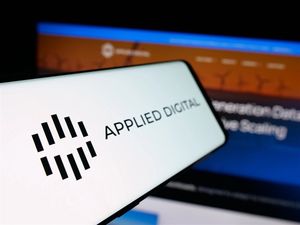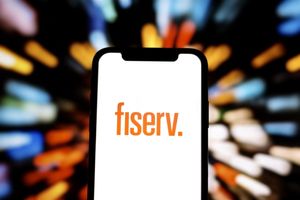Working remotely? What to know about cybersecurity
(BPT) - If you are employed in the US, it's more likely than not that you worked remotely this past year.
52% of Americans have done part or all of their jobs from home during the pandemic. That's even more than the number of Americans with a college degree.
Over time, we've perfected some aspects of remote and hybrid working - from comfortable chairs to Zoom happy hours.
But there's one thing that remains a major problem for most people: cybersecurity.
A homegrown problem
Work-from-home arrangements have contributed to a 238% increase in global cyberattack volume during the pandemic. And the attacks haven't simply grown in amount - they're more costly, too. The average cost of a data breach rose by 10% to a staggering $4.24 million.
Why? Because employees aren't following cyber standards and best practices. For instance, the vast majority of employees are using work devices for personal tasks and personal devices for work. Some of you might even be thinking, 'What's wrong with that?'
Now, more than ever, we all need to take cybersecurity seriously. 'Cybersecurity is a top priority because our clients entrust us with their sensitive information and personal finances,' says Bashar Abouseido, Managing Director and Chief Information Security Officer at Charles Schwab. 'We make it everyone's business. We train every employee on best practices so that our clients can rest assured that their money, investments and financial futures are safe.'
Cybersecurity is everyone's business
You might be thinking, 'Another lecture about compliance? Did my IT department pay you to write this?' But everyone has a stake in cybersecurity.
- It impacts the employer. Businesses can lose more than money - their reputation, customers and even ability to stay open are at stake. In fact, 60% of small and midsized businesses that are hacked go out of business within six months.
- It impacts the employee. Not only can hackers unlawfully access company data through employees, but personal data can also be compromised. From social media accounts to personal finances, sensitive information becomes vulnerable without proper safeguards in place.
- It impacts the client. It takes a lot of trust to put your own data in someone else's hands. Sometimes, the stakes are incredibly high. Financial services companies, for instance, are entrusted with everything from employment information and income to Social Security numbers and retirement savings.
What's next?
Here are four ways remote employees can protect themselves, their clients and the companies they work for:
- Don't mix business and personal devices: Using personal devices for work-related activities can easily put company data at risk if there is a breach. And that goes both ways: If the company is hacked, personal data may also be stolen.
- Avoid public Wi-Fi: It's great when you don't need a password to connect to the internet at your local coffeeshop or airport, right? Hackers agree! Public Wi-Fi networks are inherently insecure, and that means it's best to avoid them if at all possible.
- Get a virtual private network (VPN): These networks provide encrypted connections, ensuring that sensitive information is safely transmitted.
- Use multi-factor authentication (MFA): When transmitting sensitive information over the internet, look for websites that ask you to verify your identity by receiving an email, text or call. Microsoft recently found that MFA prevents an astonishing 99.9% of all cyberattacks.
Visit https://www.aboutschwab.com/cybersecurity to learn more about cybersecurity and how to keep yourself safe.
More News
View More




Recent Quotes
View More
Quotes delayed at least 20 minutes.
By accessing this page, you agree to the Privacy Policy and Terms Of Service.